- Home
- Getting Started
How to Write a Story
Lucy came to her dad and asked, “Can you show me how to write a story, dad? I have twenty-six characters I would like to write about.”
Frank had been writing since he was in high school, and Lucy recently decided she was interested in stepping out and writing a story of her own.
“Twenty-six,” he responded with a sigh. “Of course you do,” he answered under his breath, with a smile. He thought about how to proceed as he mulled over the enormity of such a request. He loved her energy, and didn’t want to discourage her enthusiasm, but with a request like that, he realized this was going to be an uphill effort. “What kind of story do you want to write?”
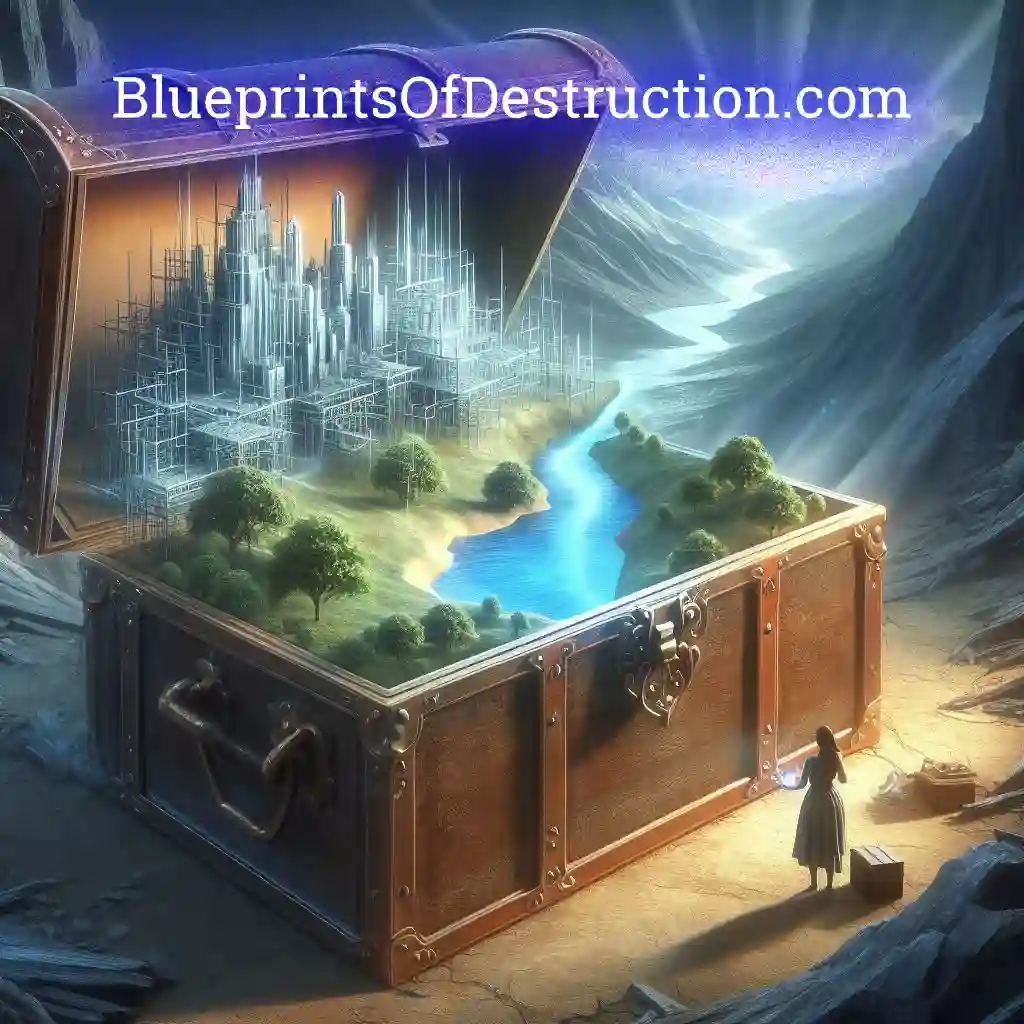
“I don’t know yet,” she answered, looking up as though peering deep into the recesses of an unexplored area of her mind. “I know I want at least twelve different kinds of species, a city with thirteen levels, and a battle over the freedom of the citizens in a society which currently uses legal slavery. Oh, yeah. And I want it to be called Blueprints of Destruction.”
Is that all, he thought to himself. Her answer was resolute. He sighed again, as he chuckled under his breath. He was not sure he had the energy for the epic-level story she was asking about whether she knew it or not. He did not want to crush a growing love to write, so he asked a few more clarifying questions, starting with what books she had been reading.
How to Get Started
It is important to know how to write a story. Getting started can sometimes be the most difficult part of the process. We can look at the components of how to write a story, from beginning to end, by looking at these steps:
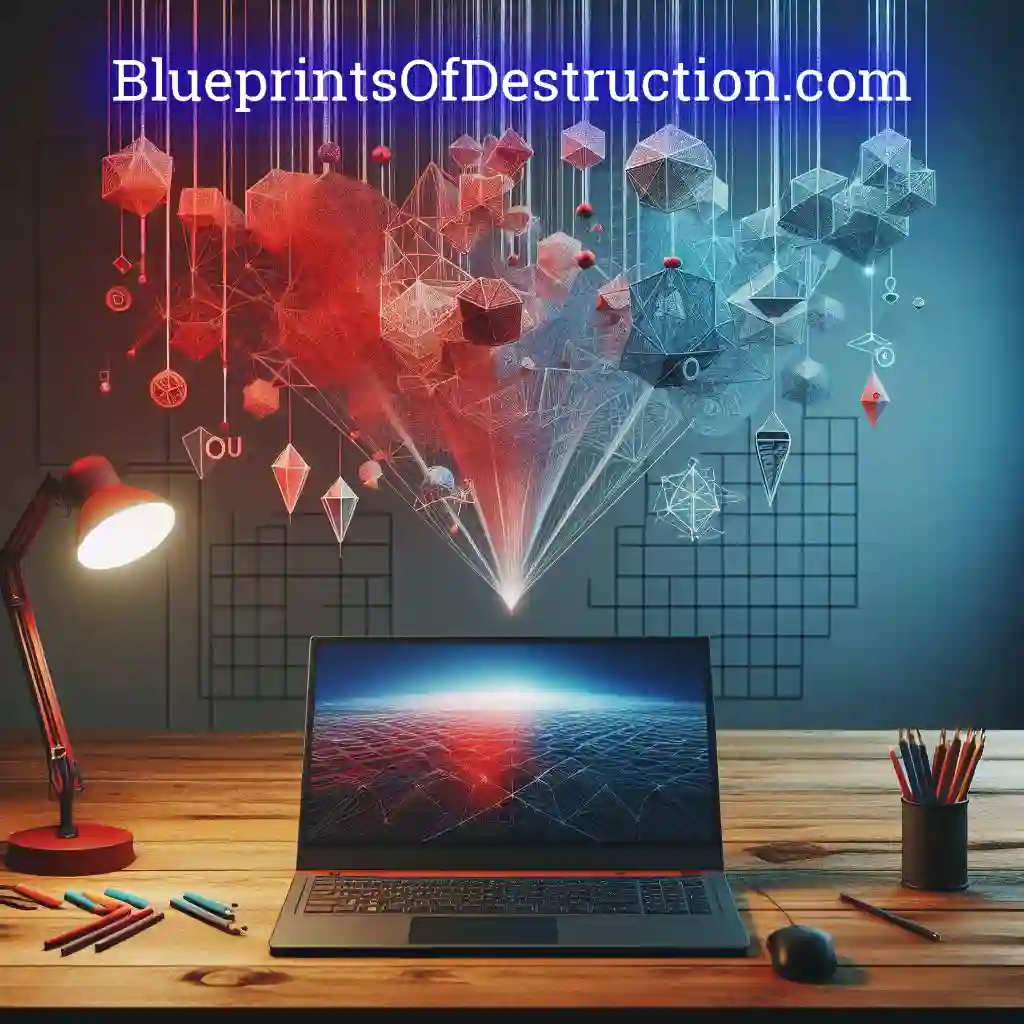
Conceptualization:
- Inspiration – Inspiration is an important part of any story, and possibly one of the biggest indicators that someone has an inner author, desperately trying to get out and write something. Inspiration can literally come from anywhere. It can be deliberate, or it can be spontaneous.
Merriam-Webster.com defines inspire as
a) to spur on: impel, motivate;
b) to exert an animating, enlivening, or exalting influence on;
c) affect;
d) to influence, move, or guide…
Inspiration is one of the easiest ways to get started when someone is deciding how to write a story. It might even feel like it is trying to start itself!
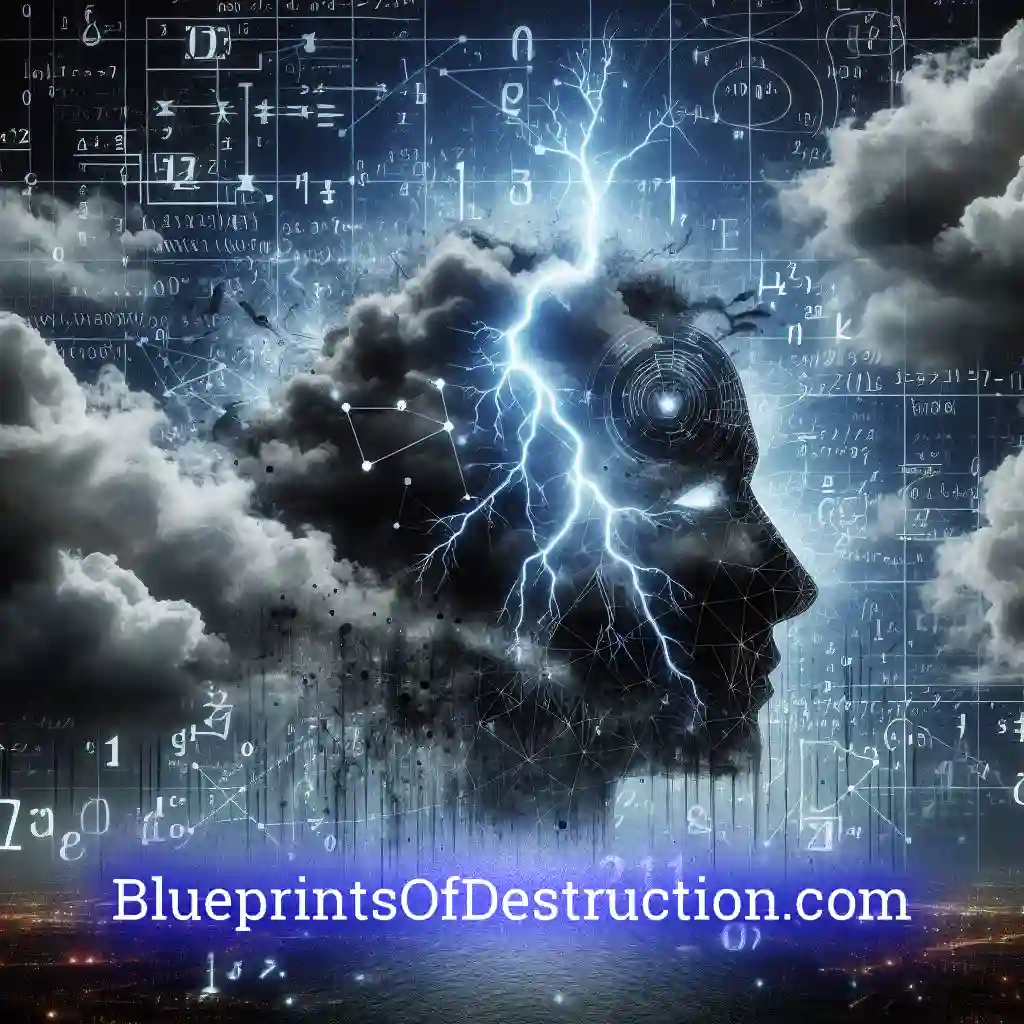
- Brainstorming – Whether inspiration is the spark that starts the potential writing fire, or whether there is a specific task or challenge given, brainstorming is likely a guaranteed step any author will need to take. Even if you have been dying to get started writing and the story seems to be bursting at the seams of your mind, and even if you have been mentally harassed by it for an extended amount of time, and further you have began pouring words onto paper (or computer, of course) and they are flowing like water… there will come a time when brainstorming is likely to be necessary. Don’t think you will ever get to a place, even when you know how to write a story like a pro, that the brainstorming step will ever be able to be skipped.
(Click here to see how PhranqenLu began their Brainstorm)
- Research – Research is one of those steps which permeates every step and stage of writing. It is something we are all so familiar with that we nearly take it for granted as an expectation, often without even considering what it is. We may have a casual conversation with someone at work or school, where a question is asked, and we legitimately have no idea what the answer is. Perhaps it is a question we ask ourselves.
“Let me research that and get back to you.” The answer flows out of our mouth, and without realizing it, what we really mean is, “I don’t know. I’m going to ask someone who probably might know better, but who I might not even bother fact-checking. Or maybe I will look it up with my favorite search engine or ask my preferred AI.” In any case, it doesn’t usually mean, “Let me research it…”
Merriam-Webster.com says “research can be either a noun or a verb.
Research as a noun:
1: studious inquiry or examination (especially : investigation or experimentation aimed at the discovery and interpretation of facts, revision of accepted theories or laws in the light of new facts, or practical application of such new or revised theories or laws)
2: the collecting of information about a particular subject
3: careful or diligent search
Research as a verb:
1: to search or investigate exhaustively
2: to do research for
3: to engage in research
Again, "researching" seems comfortably familiar, but with a too-frequent disassociation from intentionality. We know what it means, but we can forget what it feels like. Please take special note of “investigate exhaustively.” “Exhaustive” means you are tracking down every path and trail to its end, and in that end, you (as well as the efforts made) might end up being exhausted. You might be tired, beat up, and wiped out.
That means research, when done correctly as applied to learning how to write a story, is most likely going to begin to feel like a lot of work at some point. It might even come to a place where it is at an uncomfortable level. You might ask yourself why you bothered to start this journey. But do not give up! This is only the beginning, and as things progress it will all be worth it!
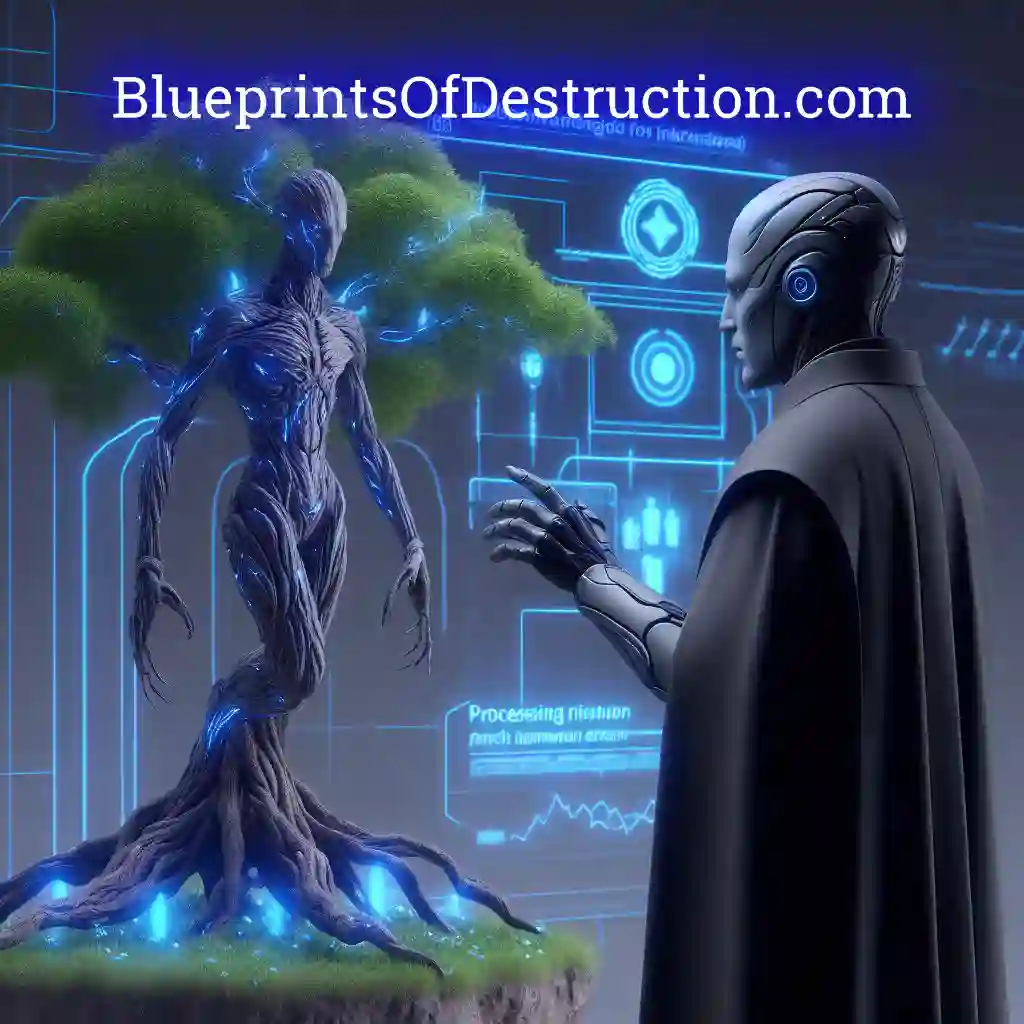
- Outline
- World-Building
- Character Profiles
- Research
Writing:
- Drafting
- Revision
- Editing
- Research
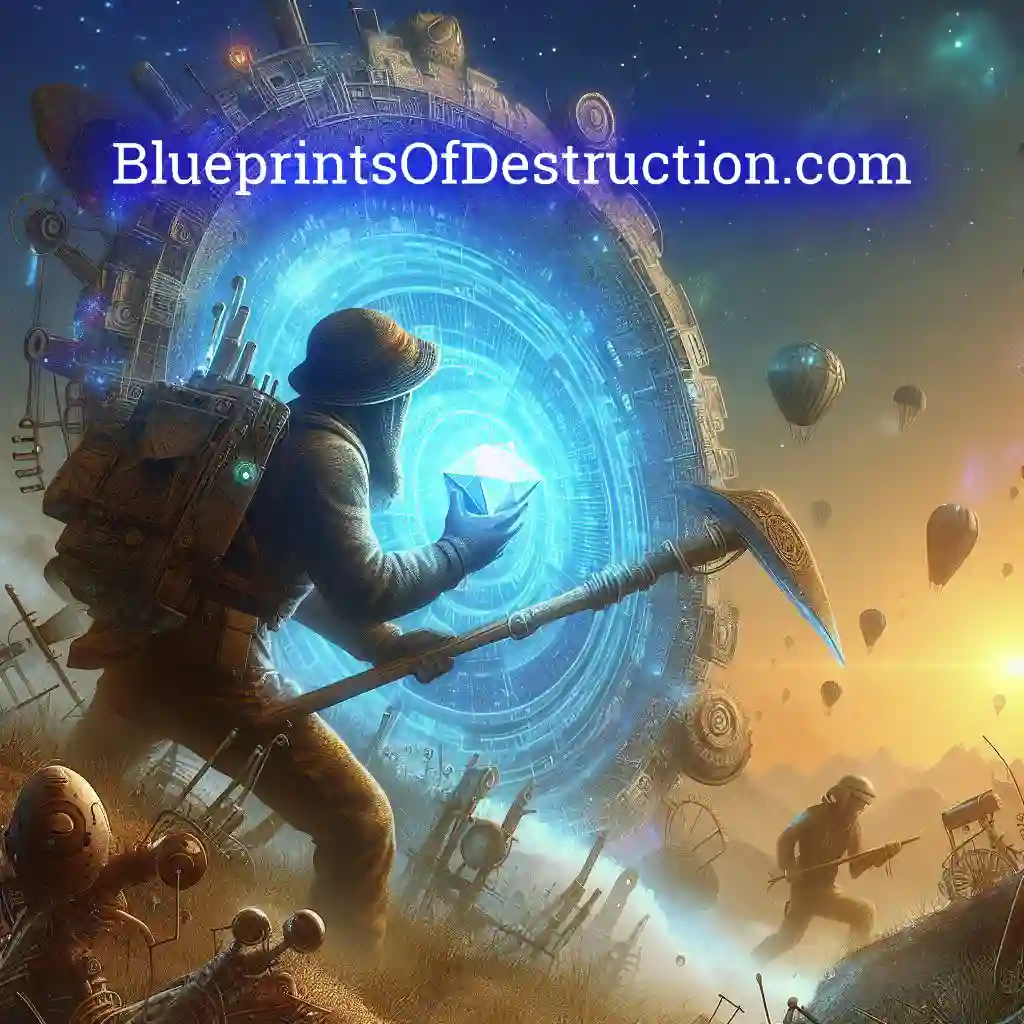
Story Elements:
- Plot
- Characterization
- Setting
- Theme
- Point of View
- Conflict
- Dialogue
- Description
- Tone
- Style
- Research
Crafting the Narrative:
- Point of View
- Voice
- Dialogue
- Description
- Research
Revision and Feedback:
- Self-Editing
- Peer Review
- Professional Editing
- Research
Finalization:
- Title Selection
- Formatting
- Proofreading

Publication:
- Querying Agents or Publishers
- Self-Publishing
- Marketing
- Promoting
- Research
Post-Publication:
- Engagement
- Continued Writing
- Reflection
- Research